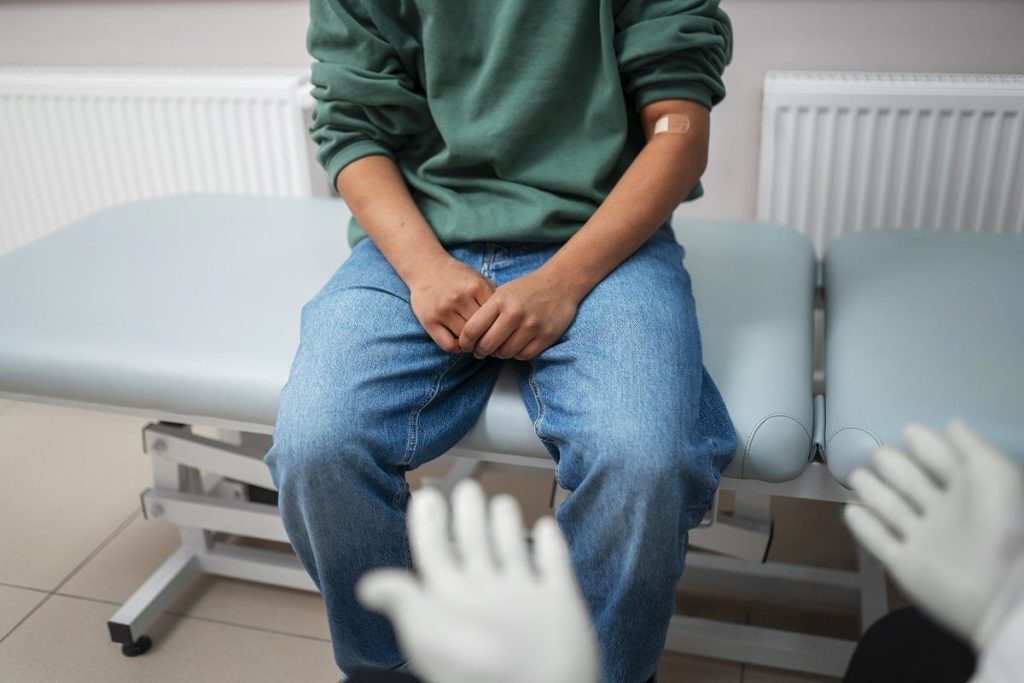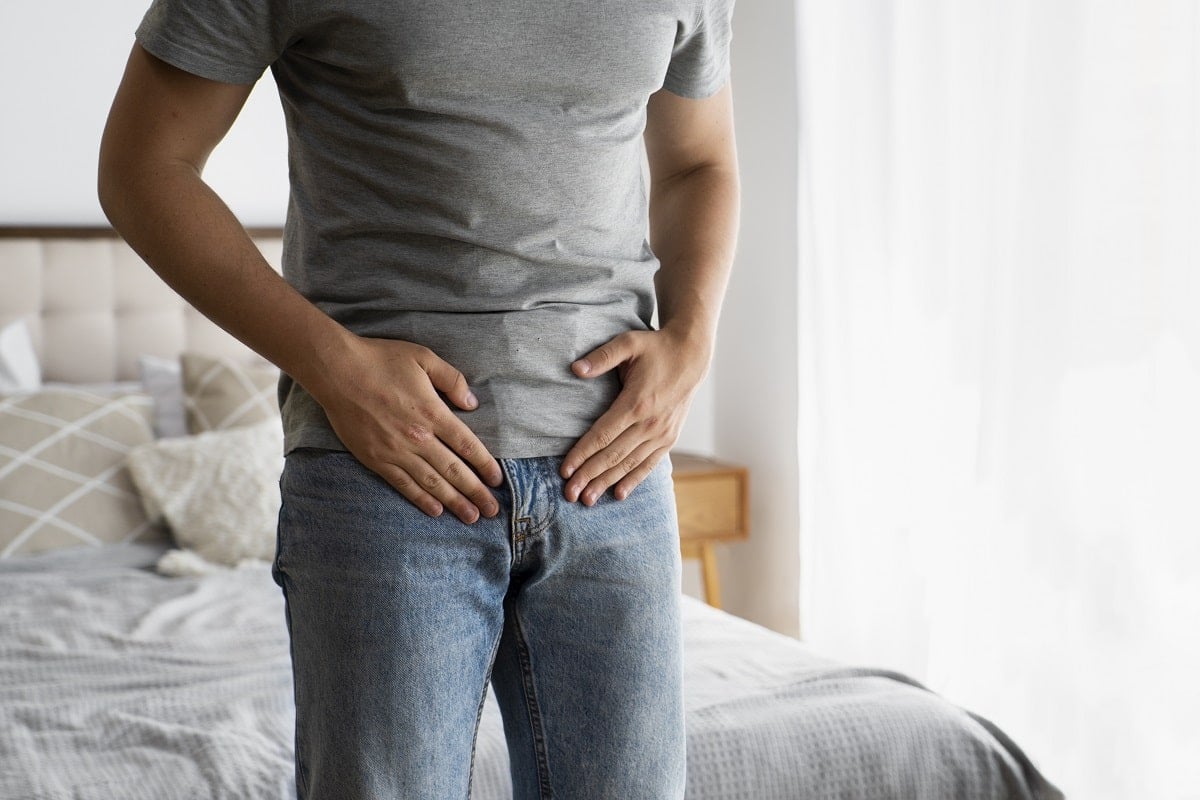It’s easy to overlook your health and important symptoms, especially when nothing feels seriously wrong. But your urological health deserves attention, not just when problems arise, but to prevent them in the first place. Whether you’ve spotted changes or just want to take better care of yourself, there are simple things you can do to stay well. Keep reading to find out how to protect your urological health and when to seek help.
Understand What Affects Your Urological Health
Urological issues aren’t only linked to age. What you eat, how active you are, and how you manage stress might all play a part. Common conditions like kidney stones, prostate enlargement, or urinary infections often start with mild symptoms, but if left untreated, they can significantly affect daily life. If something doesn’t feel right, don’t wait it out. Reach out to a professional urologist London who understands the symptoms and can find the most suitable treatment. Early advice might help you stay ahead of anything more serious.

Lifestyle Choices That Might Make a Difference
You don’t need an overhaul to take better care of your urological health. A few changes in daily habits may go a long way:
1.Drink more water: Staying hydrated helps your system flush out waste and bacteria.
2. Eat a fibre-rich diet: It supports digestion and eases pressure on your bladder.
3. Keep an eye on your weight: Extra weight can add strain and worsen symptoms.
4. Cut back on alcohol and caffeine: These can irritate the bladder and lead to more frequent trips.
5. Don’t hold it in: If you need to go, go. Holding it often may do more harm than good.
Know When to Seek Specialist Support
It’s normal to dismiss odd symptoms, especially if they’re mild or come and go. But if they keep recurring, it’s best not to ignore them. Here are some of the most common signs you should watch out for:
-A burning feeling when you urinate
– Needing to go more at night
– Slower or weaker flow
– Blood in your urine
– Trouble starting or stopping
If you notice any of these symptoms, it’s best to consult with a qualified healthcare professional to get a proper diagnosis and treatment plan.

What to Expect From a Urologist Visit
There’s no need to feel nervous about seeing a urologist. They’ll take time to understand what’s been going on and may do a few simple tests like checking a urine sample or doing an ultrasound. These checks help guide what happens next. If treatment is needed, it could include non-invasive options like shock wave therapy or minor procedures. Whatever the case, your comfort and preferences come first.
Taking Control of Your Health Starts Now
Looking after your urological health doesn’t have to be complicated. Paying attention to your body, making small everyday changes, and knowing when to ask for advice are all part of staying well. If something feels off or even if you just want to check in, it’s worth having that conversation. Lastly, always speak with a doctor or qualified healthcare professional before making decisions about your health. Don’t rely solely on online information when seeking a diagnosis or treatment.

